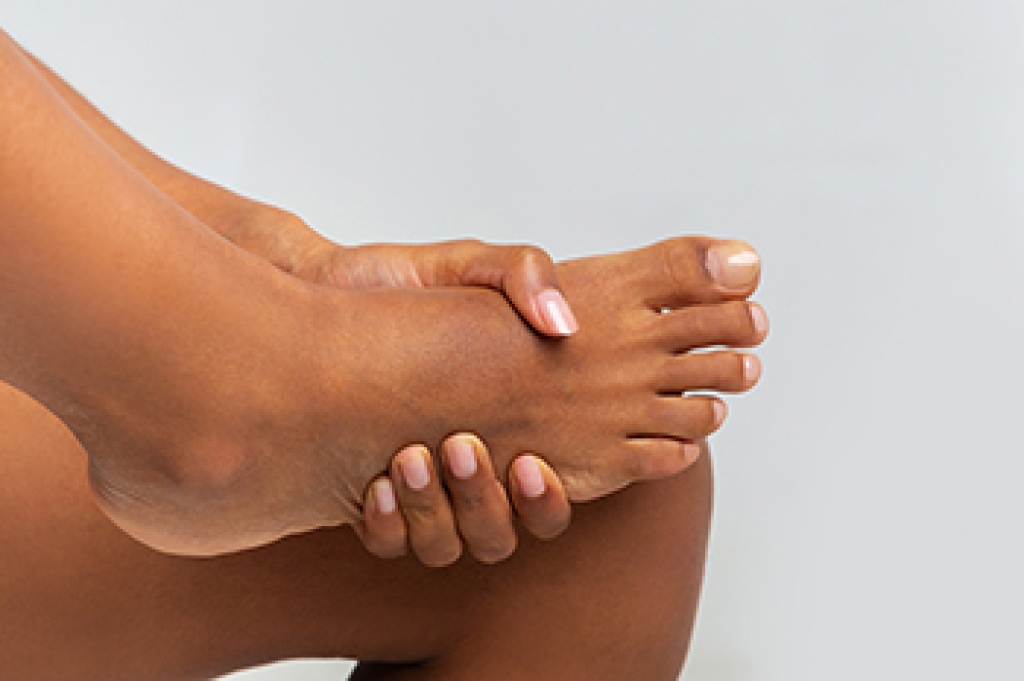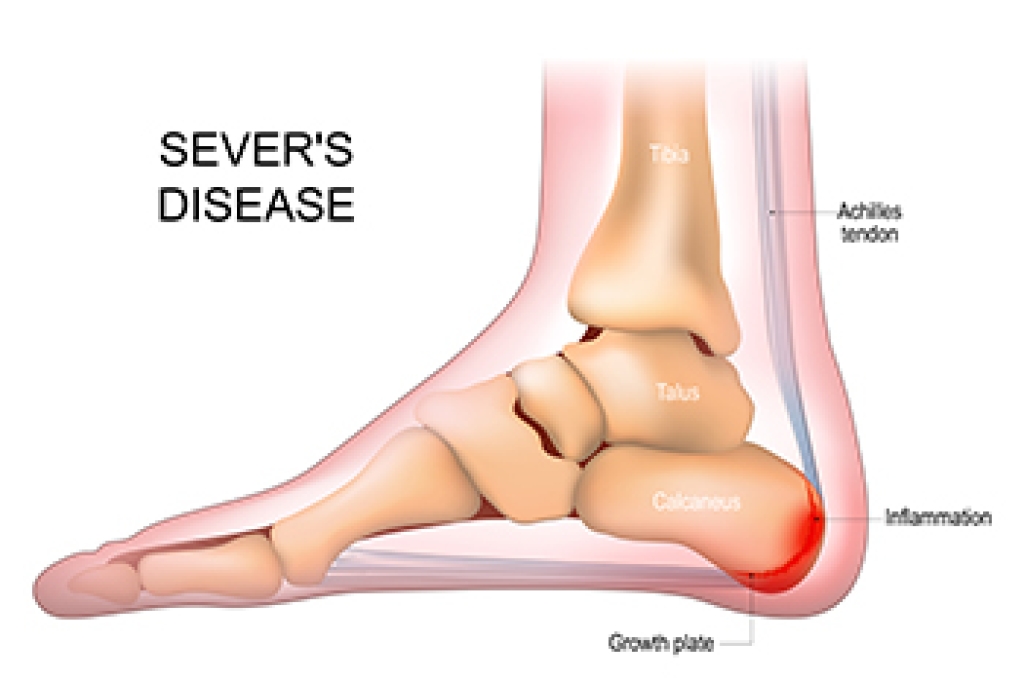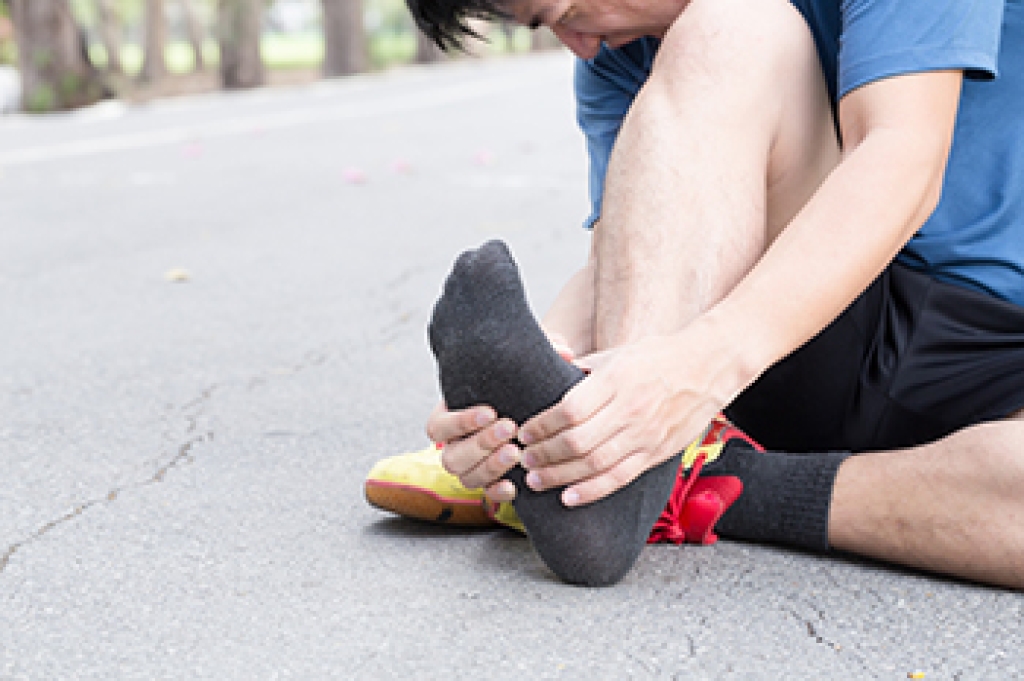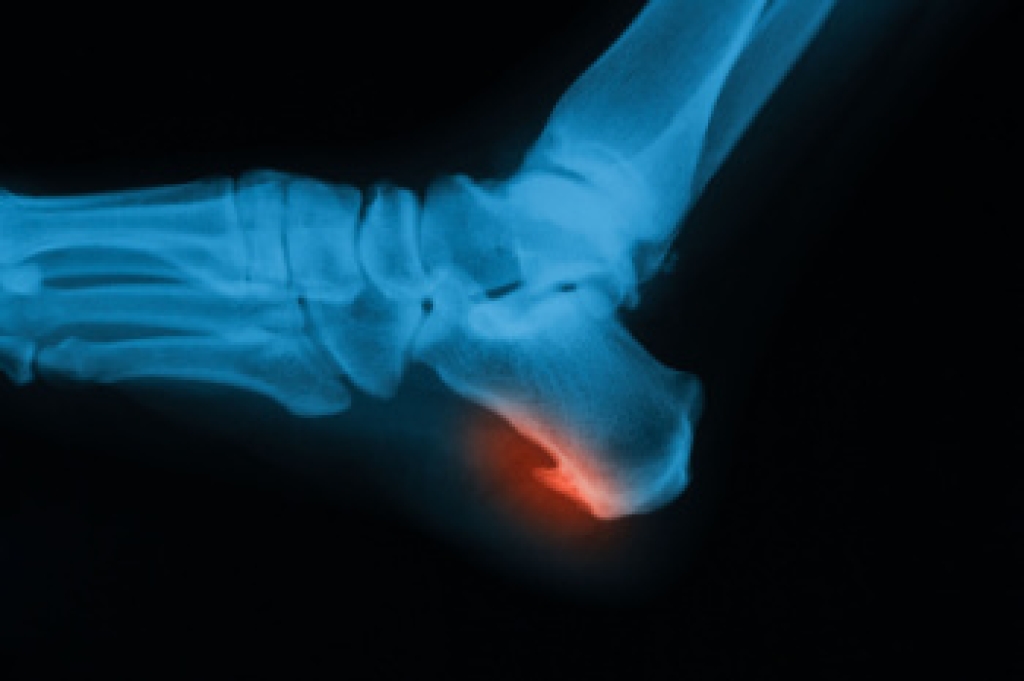
Foot pain can make every step uncomfortable, but effective treatment starts with understanding the source of the discomfort. Many people find relief through wearing supportive footwear that cushions the arch and reduces pressure on sensitive areas. Custom orthotics can also correct underlying structural issues and improve alignment. When pain is caused by inflammation or overuse, rest and gentle stretching may ease symptoms and prevent further irritation. Conditions such as plantar fasciitis, arthritis, tendon problems, or nerve issues often require more targeted care, including specific exercises or medication prescribed by a podiatrist. Persistent or worsening pain should never be ignored, as early intervention offers the best chance for healing. If you have persistent foot pain, it is suggested that you see a podiatrist for an accurate diagnosis and a personalized treatment plan tailored to your needs.
Foot Pain
Foot pain can be extremely painful and debilitating. If you have a foot pain, consult with Adriana Strimbu, DPM from Complete Foot & Ankle Care. Our doctor will assess your condition and provide you with quality foot and ankle treatment.
Causes
Foot pain is a very broad condition that could be caused by one or more ailments. The most common include:
- Bunions
- Hammertoes
- Plantar Fasciitis
- Bone Spurs
- Corns
- Tarsal Tunnel Syndrome
- Ingrown Toenails
- Arthritis (such as Gout, Rheumatoid, and Osteoarthritis)
- Flat Feet
- Injury (from stress fractures, broken toe, foot, ankle, Achilles tendon ruptures, and sprains)
- And more
Diagnosis
To figure out the cause of foot pain, podiatrists utilize several different methods. This can range from simple visual inspections and sensation tests to X-rays and MRI scans. Prior medical history, family medical history, and any recent physical traumatic events will all be taken into consideration for a proper diagnosis.
Treatment
Treatment depends upon the cause of the foot pain. Whether it is resting, staying off the foot, or having surgery; podiatrists have a number of treatment options available for foot pain.
If you have any questions, please feel free to contact our office located in Hallandale Beach, FL . We offer the newest diagnostic and treatment technologies for all your foot care needs.




